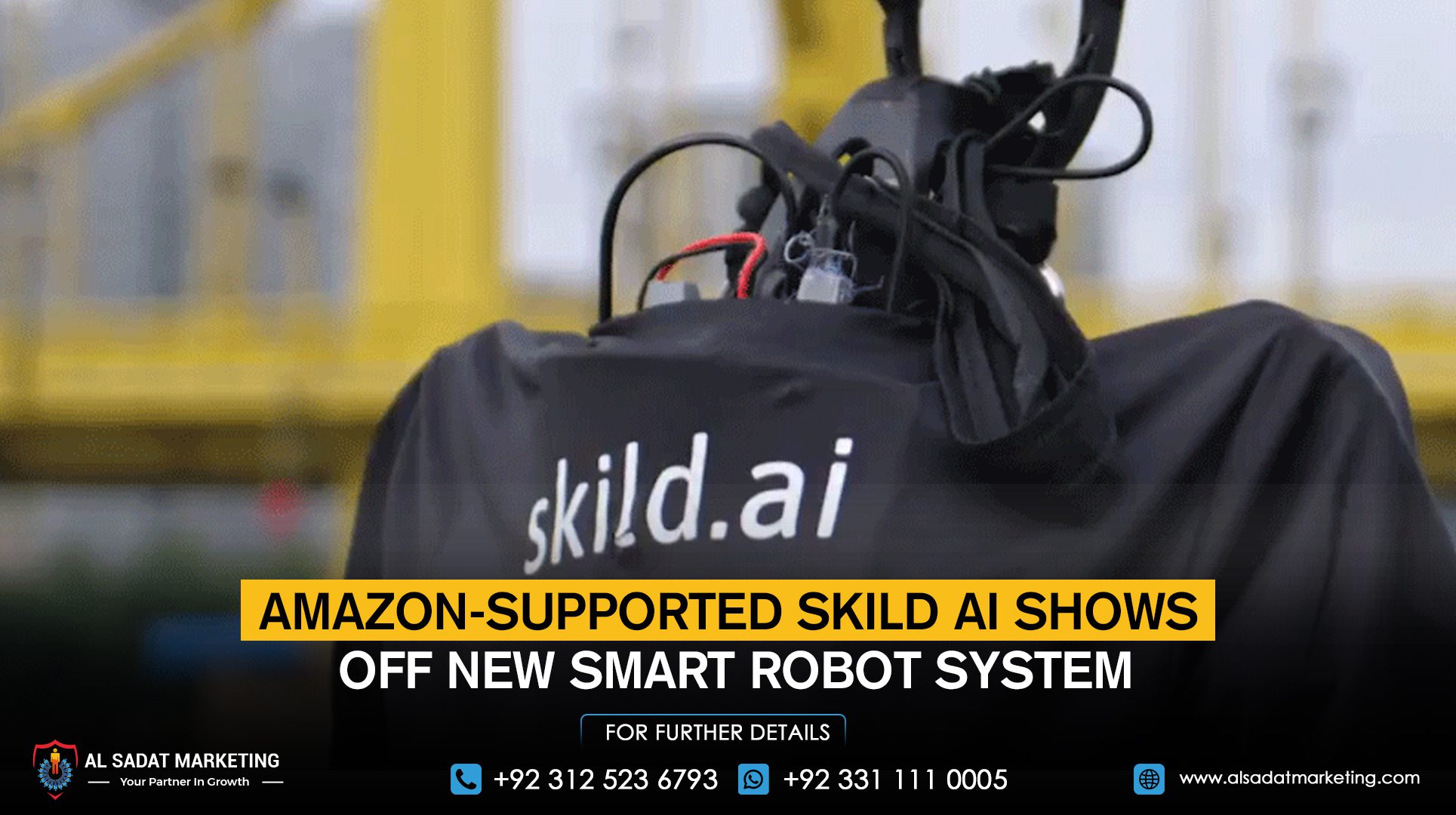Robotics startup Skild AI, supported by Amazon and Japan’s SoftBank Group, has introduced a powerful new AI model called Skild Brain. This model is designed to work with almost any robot, whether it’s a machine on a factory floor or a more advanced humanoid robot. The goal is to help robots think, move, and act more like humans.
Skild Brain can help robots walk up stairs, stay balanced when pushed, and pick up items in messy spaces. These tasks require strong spatial awareness and the ability to adjust to different surroundings. The company also added safety limits to make sure robots don’t use too much force.
Skild trains its AI model using computer simulations and videos of human actions. It then improves the model using data collected from real robots that use Skild Brain in the field. Since there’s not much online data available for robotics, Skild had to find new ways to train its model.
Co-founders Deepak Pathak and Abhinav Gupta said that every robot using Skild Brain helps make the model smarter. As more robots are deployed, they share their data back with Skild Brain, which improves all other robots using the system. This approach creates what they call a “shared brain.”
Skild AI’s customers include LG CNS and other companies in the logistics and industrial sectors. The company believes this shared learning will help robots quickly learn new tasks across many industries.
Unlike software, which can be launched quickly, robots take time to build and install. But Skild’s model helps robots learn and adapt faster, which saves time and boosts performance. Lightspeed Venture Partners, one of Skild’s investors, says this strategy could speed up the growth of robotics in business.
Founded just two years ago, Skild AI has already raised $300 million in Series A funding. The company is now valued at $1.5 billion and has attracted top talent from companies like Tesla, Nvidia, and Meta. Major investors include Amazon, Sequoia Capital, Menlo Ventures, and Khosla Ventures.










